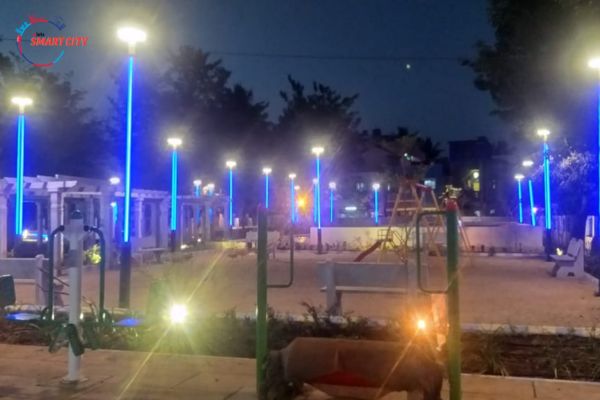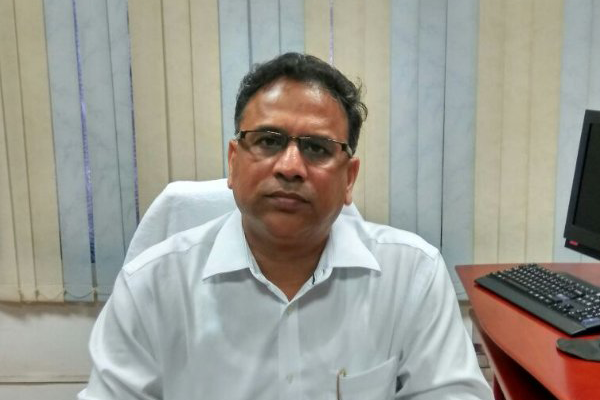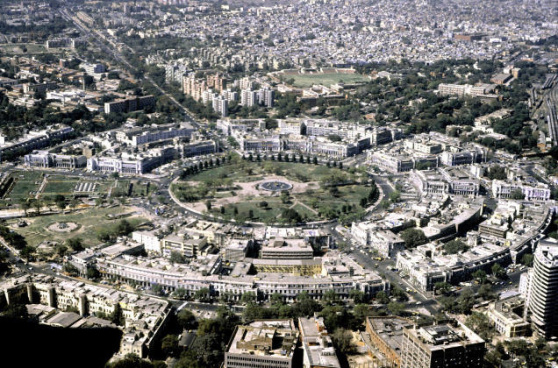
Belagavi is set to witness a significant transformation in its waste management infrastructure following the allocation of a ₹135 crore grant under the CITIIS 2.0 scheme. This funding, exclusively awarded to Belagavi, aims to revamp the city’s solid waste management (SWM) system, reinforcing its commitment to sustainability and urban development.
The official agreement for the project was signed in Jodhpur, Rajasthan, in the presence of the Union Minister for Urban Development, Manohar Lal. Representing Belagavi City Corporation, Commissioner and Smart City Managing Director Shubformalisedized the agreement, marking the beginning of a comprehensive waste management overhaul. The event also saw the participation of Sharath, IAS, Managing Director of the Karnataka Urban Infrastructure Development and Finance Corporation (KUIDFC), Bengaluru, who played a key role in launching the initiative.
This landmark agreement was part of a larger urban development summit that brought together Urban Development Ministers from more than ten states, representatives from over 20 countries, and a gathering of more than 100 senior IAS officers. Belagavi’s project was specially acknowledged for its forward-thinking approach and potential to serve as a model for other cities in India.
The CITIIS 2.0 scheme, which stands for City Investments to Innovate, Integrate, and Sustain, is designed to support urban development initiatives that align with sustainability goals. The financial aid granted to Belagavi will be utilized to implement advanced waste management technologies, improve waste collection and segregation processes, and promote eco-friendly disposal methods. This project is expected to contribute significantly to reducing landfill dependency, minimizing environmental pollution, and fostering a cleaner urban environment.
By undertaking this initiative, Belagavi aims to address the increasing challenges posed by solid waste accumulation in rapidly urbanizing regions. Efficient waste management is a critical component of sustainable city planning, ensuring improved public health, environmental conservation, and enhanced quality of life for residents. The incorporation of innovative and eco-conscious waste disposal techniques will also create new employment opportunities and encourage community participation in environmental initiatives.
The recognition received by Belagavi at the Jodhpur event underscores the city’s commitment to urban renewal and sustainability. With this initiative, Belagavi joins a league of progressive cities implementing cutting-edge waste management solutions to combat urban waste-related challenges effectively.
Looking ahead, the project’s successful execution will serve as a benchmark for other urban centers across India, emphasizing the importance of sustainable development through targeted investments. The collaborative efforts of local authorities, state government agencies, and international urban planners will be instrumental in ensuring the success of this initiative.
As Belagavi embarks on this transformative journey, the integration of modern waste management systems under the CITIIS 2.0 scheme is expected to set a precedent for responsible and innovative urban governance in the country.





















